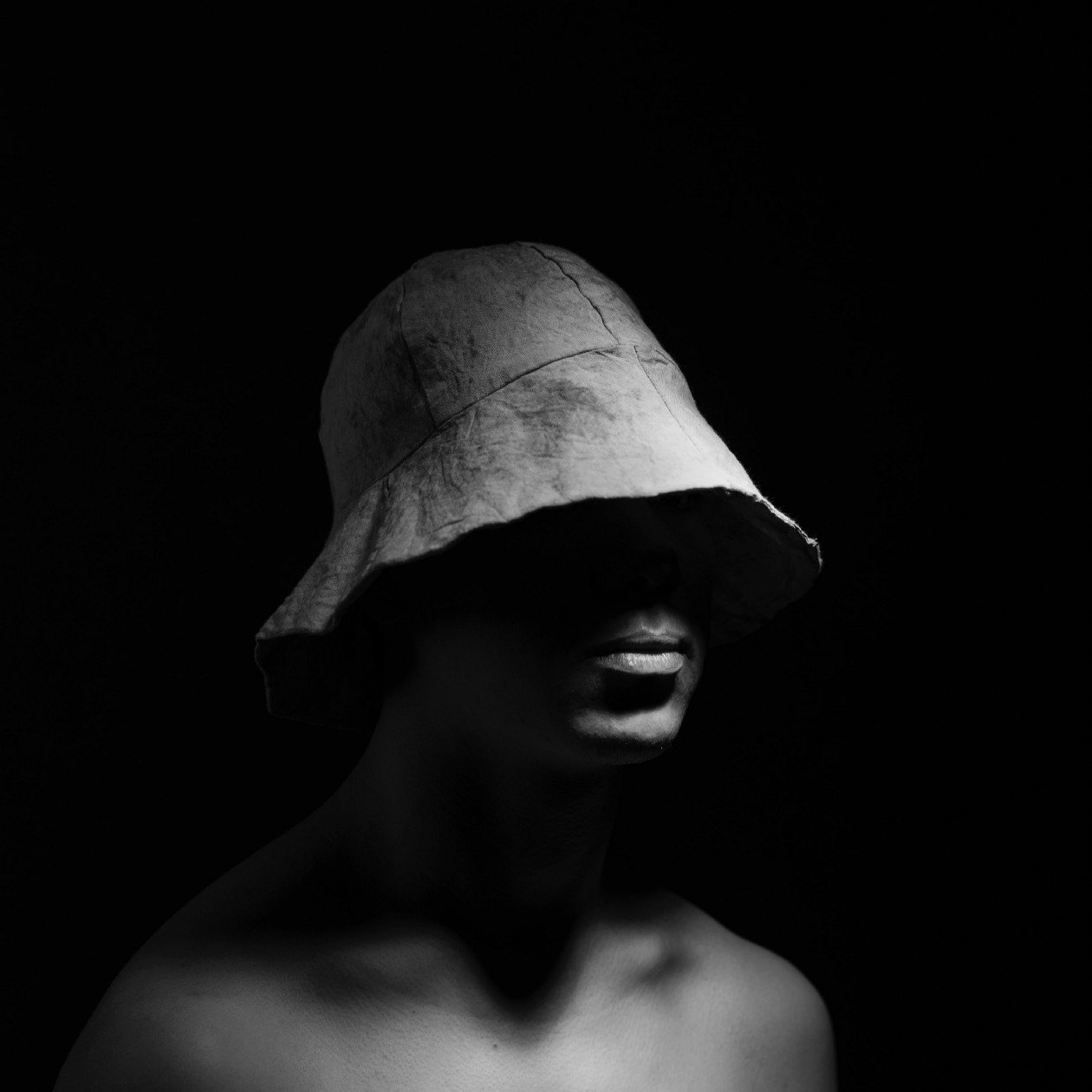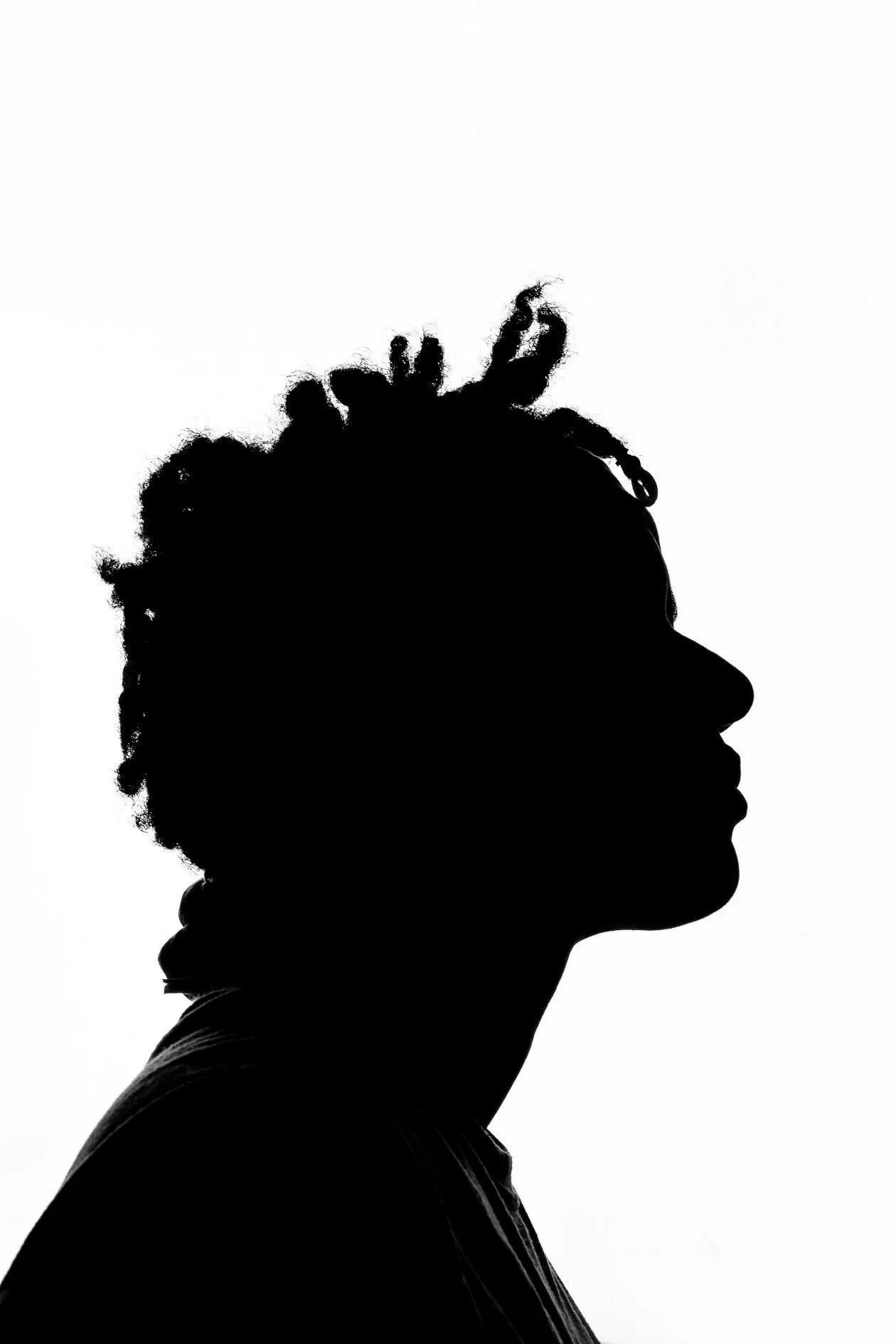The Dawning (Of Inequality to Color)
Photo by Piron Guillaume
When I was young, my father, who was a rising star in the company he worked for, was transferred to Georgia for a couple of years to train for a management position. I was devastated for having to be jerked out of my school away from my beloved, long-time friends, and so I spent the majority of the trip driving from Utah, my birth state, to this far away alien destination, pouting. I couldn’t believe we were doing this. But then there were a lot of things I ‘couldn’t believe’ when it came to my father’s decisions, and my own ‘welcome-to-the-real-world’ realizations.
As we drove the many miles from dry desert-like terrain, through expansive farmland into lush, green, ivy, or moss-covered trees, I became fascinated with the differences in the countrysides we would pass through.
When we arrived in Georgia, besides being in awe of the Spanish moss hanging from the giant oak trees that gave me a sense of mystery and intrigue, since I was really into secrets and mysteries at that young age, I fell deeply in love with this new place.
Yet, when we passed shanty after shanty with black women sitting out on an unpainted porch watching their many children outside playing, I felt sorrow at seeing this.
Because the houses looked so dilapidated, all sepia tones, with no color in sight, since the color of the women and children were of the same tones as the houses, I felt bad for them. It was my first sighting of negros. My heart did a little flutter from the excitement of that realization, and yet there was sympathy growing inside me as well.
I said, “I feel so sorry for those people. They look so poor.”
My dad responded in a firm, but not unkind voice, “Don’t feel sorry for these people. It is their choice to live this way. The government pays them for every child they have, and they prefer to procreate than to work. They’re getting along just fine.”
I pondered my father’s statement, and decided that even though he may be right, I didn’t think they were actually ‘fine.’ I sensed an oppression that didn’t seem at all fine to me, but I certainly wouldn’t debate the subject with my dad, especially since I didn’t have all the facts, and he, being older and wiser, I couldn’t be disrespectful by arguing.
Photo by Chiamaka Nwolisa
When we arrived at the house my dad’s company had rented for us in Glynn County, I was completely smitten. The house was a ranch-style brick with large trees around it, and lots of windows. It had a large living room, kitchen, and dining room, and enough bedrooms for all of us kids — there were five of us at the time. Some had to bunk together, but the rooms were much larger than what we had left behind in Utah.
The back patio overlooked a large grassy yard that edged the ‘Marshes of Glynn’ which was a sanctuary for birds (and crocs and snakes, as it turned out). I was practically breathless with excitement about our new home. I couldn’t believe my luck and couldn’t wait to call my friends to tell them of this newfound utopia.
Because of the marsh, we were given a cat by the family whose place my father was taking in the company. The cat had been handed down several times, we learned, as its name was Johnny Walker Parker, and now adding Jensen to the list for the next owners to sort through. He was to keep the snakes at bay, we were told. Swell, I thought with a shiver, I hope it works.
I found out that the small community near our home were all white families, with the colored people a big part of keeping things running. My school was all white, and the stores and restaurants were for whites-only as well. I knew this because of the signs that were pasted to the windows that said, “No negros allowed.”
Even the water fountains outside had placards to announce, ‘For Whites Only’, or ‘For the Colored’. I wasn’t sure how I felt about all of this, but it wasn’t my place to doubt or even wonder about the situation.
I was told that the colored people had their own little community with their own stores and places to eat, but I still didn’t understand the reasons for that kind of separation. I thought that people being people, regardless of color or beliefs, could shop or eat together. And why they didn’t, was a situation beyond me at that young age to try and puzzle out. So, I tried not to think about it.
Photo by Priscilla Du Preez
Many years and experiences later — married, divorced, children grown and on their own, remarried to a more liberal-minded man, living in many different areas of the country, including winter months in Mexico — my views broadened and my appreciation for different types of people and their own loveliness grew.
While, on a visit to Memphis this spring, needing a propane tank for our RV, my husband looked online. We went to a Walmart listed as having what we needed. Not knowing the city, and relying strictly on the GPS in our truck, we had no idea that the Walmart we were shopping at was in an all-black neighborhood.
It didn’t occur to me that the store was all black as well, even when passing the many black people who were shopping, until my husband said, “Did you realize that we’re the only white faces in this store?”
I stopped. Looked around, and sure enough, I saw no other white faces in the crowd. But they weren’t glaring at us as if we were interlopers, so we kept shopping. Maybe they were used to the occasional dummy who wandered in unsuspectingly, as we had. Would we have shopped there had we known it was an all-black store? Maybe, since we did need the propane, and decided to do other shopping as well, but had we known, we may not have done the other shopping, after getting the propane tank, from feeling that we may cause discomfort to the people who belonged there.
But since we were there, I kept looking at the individuals passing us to see if there was animosity for our intrusion and saw none. I wanted to stop someone to ask their thoughts about our being there but didn’t. I wasn’t sure what I would say if one of them told me that we shouldn’t be there or get belligerent because we were and I would feel the need to apologize, so I said nothing.
One woman was pushing her cart out of an aisle while I was passing in front of her, and, because of inattention from both of us, we nearly collided. I told her, “Sorry,” with a sheepish look, and she became so apologetic for her actions, which were a mere brush against my cart, or mine against hers, that I was afraid she was going to start kissing my feet in absolution. I was stunned at her over-reaction. She couldn’t have been more apologetic had she come dangerously close to killing me. I assured her it was no more her fault than mine, as I wasn’t paying attention to where I was going, and there was no harm done whatsoever, but she wasn’t hearing my words. She had a fear in her eyes that told me she was thinking she had committed a horrible crime for which she would be punished and couldn’t get beyond that fear.
I was perplexed by her reaction and felt bad for her. I smiled reassuringly and said, “It’s okay. No harm done,” and moved on. But I felt troubled by what she must have been feeling and thinking. I later learned that that area had a history of many bad outcomes from clashes between the whites and blacks; the whites being combatant and ugly, wanting to punish the blacks for their interference or even their very existence. That did not help my peace of mind. Why would that happen? People are people. What difference does it make about the color of their skin?
Photo by jurien huggins
My next experiences were just as mystifying.
My husband went to get the propane tank while I checked out, which was fine with me, since we weren’t in Mexico and I wouldn’t need an interpreter, nor was there any danger of me being by myself. The young female clerk was nice looking, and I complimented her on her pretty sweater. She said, “Thank you,” in monotone and was kind by repeating all the prescribed things she was trained to say, like: “Did you find everything okay?”, “I hope you have a nice day,” and the like, but never once, while I was there in her presence, did she look up at me. Her eyes were always downcast, riveted on her task of ringing in and bagging my purchases. She could have been a robot from her automaton behavior, which made me feel very uncomfortable as if I was a non-person.
But then came the experience of a feeling of reverse discrimination as I was leaving, which left me with more unfamiliar and uncomfortable sensations.
As I walked toward the outer door, and a man who was checking tickets and bags, like at other stores we have been to in the states and in Mexico, I pulled out my cash register receipt to have ready for him to examine while he checked it against my purchases, and held it out when it came to my turn. He was ready to take the ticket, but when he looked up at me with his eyes wide he said, “You can just go through.”
I said, “I have the ticket ready for you here,” and held it closer toward him.
He put up his hands up and said, “No, you don’t need to show me that, you can just go through.”
I looked at him questioningly and he expounded with a broader smile, “You don’t need to stop. This is not for you.” And then waved me on so that he could turn to the next customer. I saw that he didn’t hesitate to take that ticket and peruse that cart.
I wanted to take a stand and say, “Why am I any different than the rest of these people? I could steal from you just as easily, maybe more so, since you didn’t check my ticket against my purchases, and I should be no different than any of these other customers.” But I didn’t say any of that. What would be the point? There were years of history to vilify his actions, whereas I had nothing to stand on, except for not wanting to be seen as different.
Of course, I realized that I was feeling only a minute particle of what the colored, the blacks, the negros, the people of color have been feeling for more than four hundred years. To think of that kind of oppression for so long is unfathomable, I could not begin to grasp the magnitude of it. Not unlike the inquisition and slaughter because of people having different beliefs, people of color have been trodden upon because they are different looking than those who did and still do the trodding. I didn’t get it. People are people, regardless of color or beliefs. What is so hard to understand about that concept?
Photo by Clay Banks




